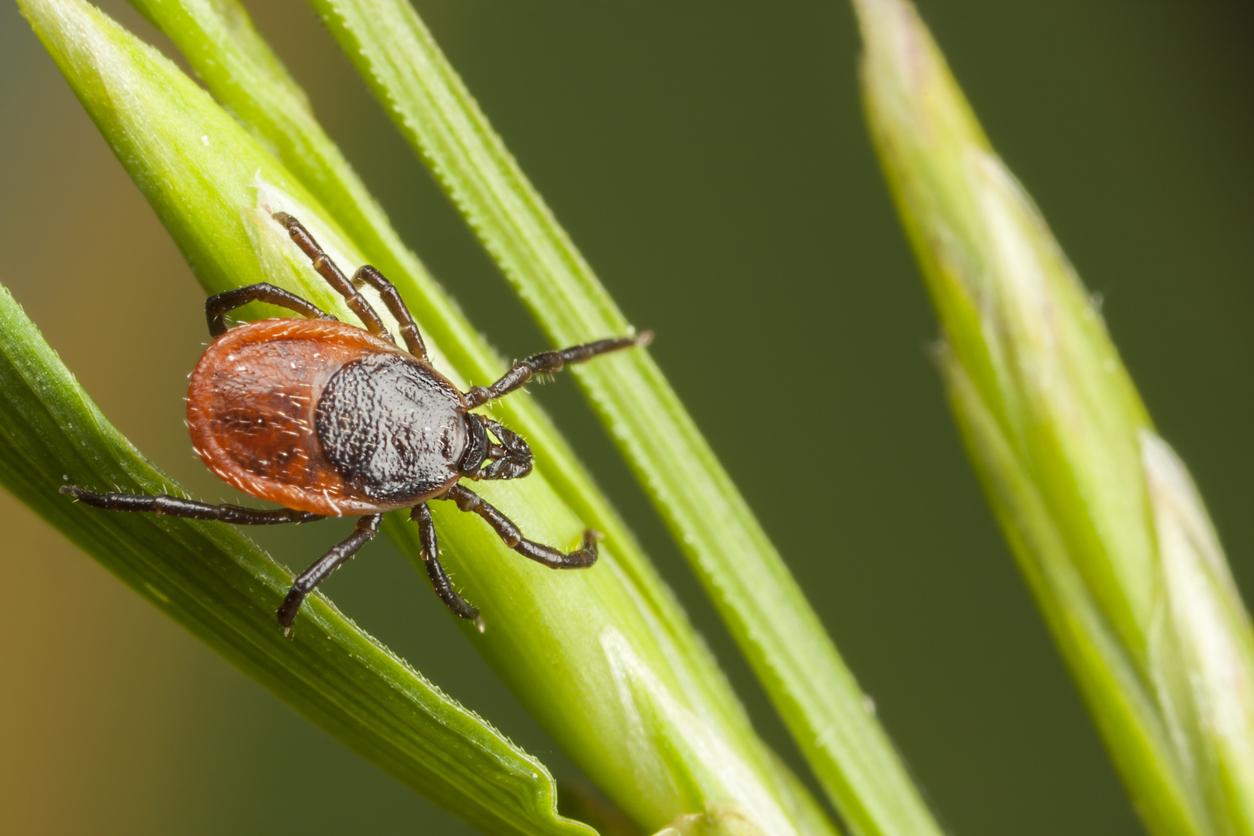This is the first known case of animal-to-human transmission of the SFTS virus. It kills in 20% of cases, and no treatment exists.

Chain transmission. Japanese health authorities have confirmed a probable case of infection with severe fever syndrome with thrombocytopenia (SFTS). A woman in her fifties died in 2016 as a result of this infection. She was allegedly infected by the bite of a cat, itself infected with a tick.
This virus, which appeared in the 2000s in China, is a cousin of the one causing Rift Valley fever. It is usually transmitted directly by ticks to animals. Man is sometimes affected.
But above all, until now, no indirect contamination had been observed. This time the woman had taken in a stray cat. The animal being sick, she had decided to take it to the vet. But she had been bitten. She died ten days later.
Vigilance
“It is not yet confirmed that the virus comes from cats, but it is possible that this is the first global case” not directly involving a tick, explained a spokesperson for the Japanese Ministry of Health. No trace of a bite was indeed found on the woman.
This is potentially worrying news if this indirect transmission were to occur again. No treatment exists against this disease, which kills in 10 to 30% of cases. In Japan, around 60 people are diagnosed each year, and one in five do not survive.
The virus circulates mainly in eastern China, but it has been observed in Japan and South Korea. It is therefore advisable to protect yourself against tick bites in these areas. So far, no human-to-human contamination has been observed.
.















